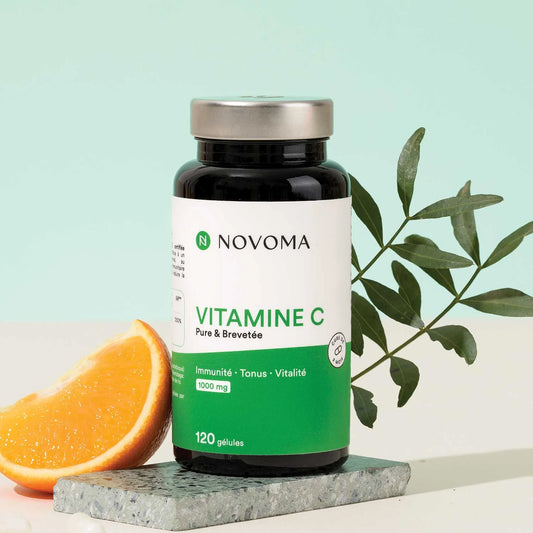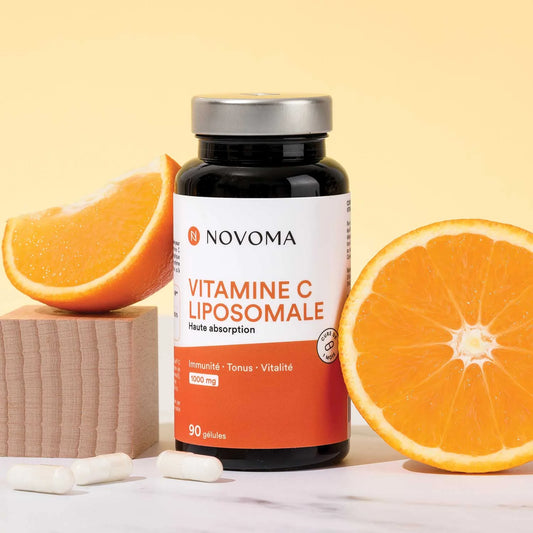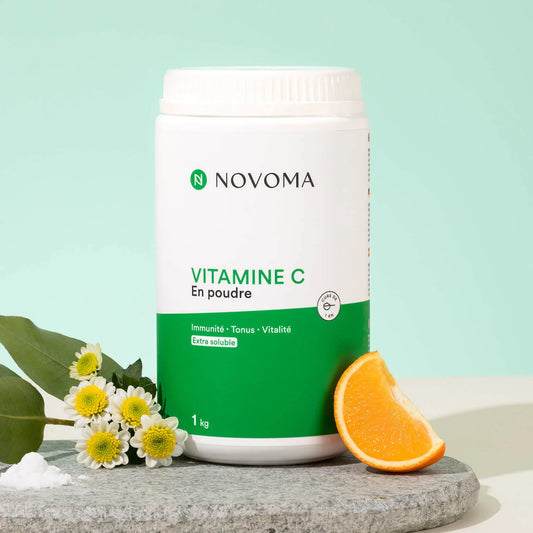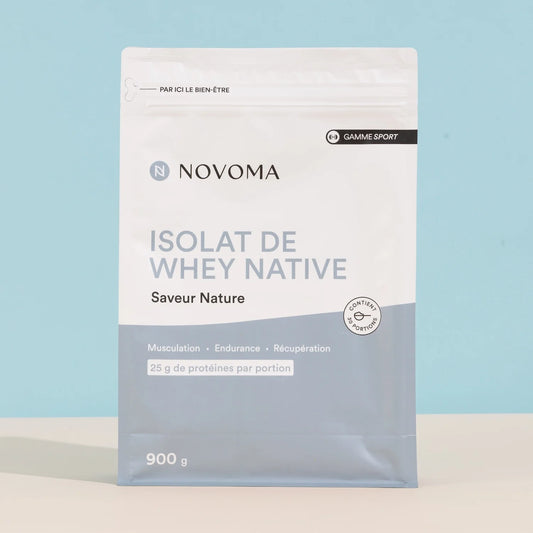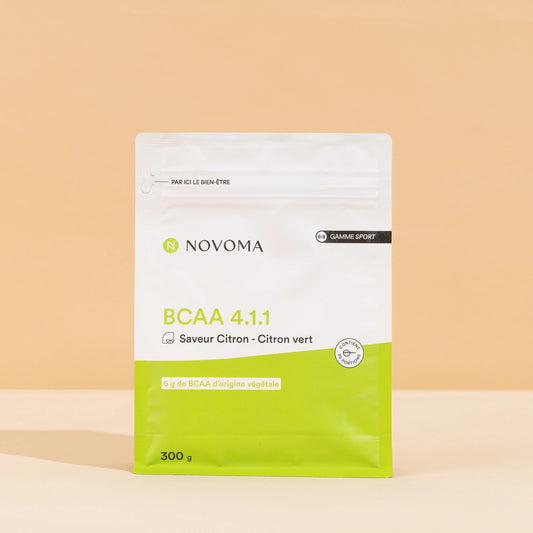
Vitamin C: what are the benefits for sport and bodybuilding?
Vitamin C , also called ascorbic acid, is an essential vitamin in the human body. Hydrosoluble, that is to say soluble in water, it is naturally present in fruits and vegetables.
Renowned for its antioxidant and immunostimulating properties, vitamin C is undoubtedly one of the most consumed vitamins in the world as a food supplement by athletes.
But since the body cannot produce or store it, it is important to consume it regularly to meet its nutritional needs. This is all the more true among athletes and bodybuilding practitioners, because vitamin C is eliminated through perspiration.
Why take vitamin C? What is the recommended dosage for athletes? In what form should you supplement? We take stock.


Practice of sport and bodybuilding: increased needs for vitamin C
Regular physical activity significantly increases the body's need for vitamin C.
Indeed, during sporting exercise, the body produces substances harmful to the body called free radicals. As vitamin C is a powerful antioxidant, it helps neutralize damage caused by free radicals. It is therefore very interesting to increase your intake accordingly.
The 4 main benefits of a vitamin C treatment for athletes and bodybuilding practitioners
It helps reduce fatigue
Vitamin C plays a major role in the synthesis of neurotransmitters in the brain and nervous system. It also contributes to normal energy metabolism as well as the normal functioning of the immune system! It is therefore the ideal vitamin to combat temporary fatigue and restore the body's vitality!
It promotes recovery after intense effort
Thanks to its role as an antioxidant, vitamin C promotes the normal functioning of the immune system and protects muscle cells from damage caused by free radicals. Its action thus helps to promote recovery and muscle growth.
It helps prevent muscle breakdown
Vitamin C promotes the absorption of iron which is necessary to help oxygen bind to hemoglobin in the blood. Vitamin C thus acts positively on the regulation of oxygen levels in muscle tissues and also contributes to strengthening the walls of blood capillaries in muscles.
It facilitates the healing of wounds and fractures
Vitamin C participates in the formation of collagen, a protein essential for the maintenance and regeneration of bone mass, skin, tendons and muscles. It thus supports the repair of body tissues. This role is particularly beneficial during and after exercise to reduce the risk of injury and facilitate the repair process.






